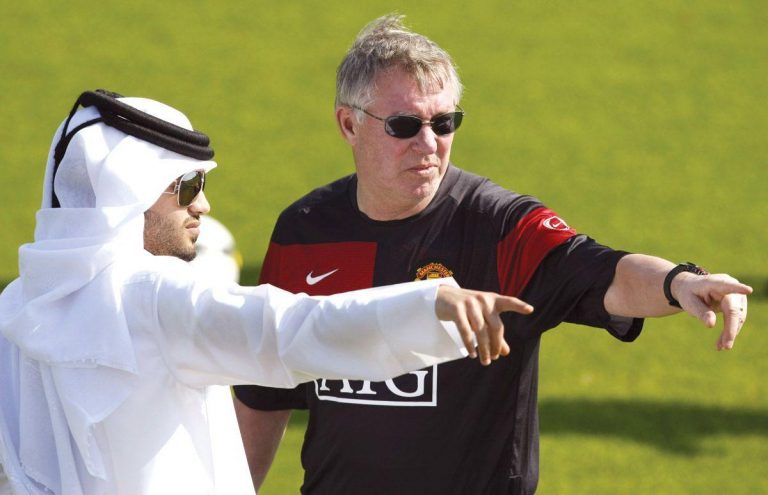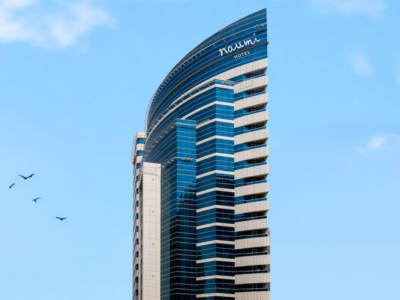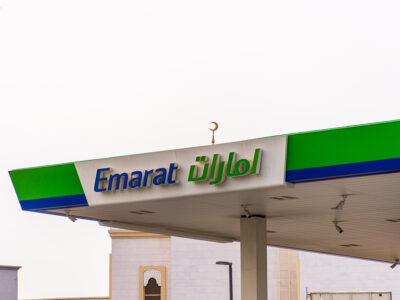I am not saying the rumours are true, but I will say David Gill looked pretty mortified when the subject of Qatar came up. I asked him if he thought having the World Cup in Qatar in summer was the most ridiculous idea he had ever heard, and he just giggled nervously. Asked, innocuously enough, if he thought Manchester United, the football team of which he is CEO, would approve mooted plans to move the tournament from summer to winter, he leant so far back into his seat he resembled a boxer on the ropes, taking punishment he had no answer for.
He muttered something about the decision on whether to move the World Cup from a time when everyone who can traditionally leaves the Gulf because it is so incredibly hot, to a time when millions of tourists traditionally visit the Gulf because the weather is so incredibly pleasant, being a question the football community “as a whole” must consider.
Yes, yes, but would Manchester United support the move?
“I don’t think it would be appropriate to talk about that at the moment,” Gill said.
It’s only an opinion, but I don’t think Manchester United — a team made up entirely of international footballers — would support the move of the tournament to the winter, the middle of the traditional European football season. I also don’t think Gill would be frightened to say that straight out unless something else was at stake.
Asked what Manchester United’s brand was worth today, Gill again went into the giggly rope-a-dope, and acted as if the question had never crossed his mind. Pushed a bit, and reminded he was CEO of the company, he quoted Forbes magazine’s estimation back in April of $1.84bn, and said that he thought Manchester United was certainly “worth a lot of money.”
I spoke to Gill on Thursday, and on Sunday the Sunday Times reported that Qatar are putting together a second bid to buy the club after having their first — for $2.4bn — rejected. It might not be true, of course, the paper’s story was full of caveats and anonymous sources, but negotiations between the club and Qatar would certainly explain Gill’s reticence.
For Qatar the purchase of Manchester United would make perfect sense. It’s got the World Cup, and getting the most famous football club too would surely make it one of the most important football nations on the planet.
Which is an amazing thing to ponder when you consider the country’s position on the football map only twelve months ago.
My prediction: Qatar will own Manchester United by the end of the season. How football agents must be rubbing their palms together.
“Tailgating – approaching cars at high speed, flashing lights to budge cars out the way – is seen as respected behaviour among many Emirati young males,” says a report last week by the UAE University’s College of Humanities and Social Sciences, proving once and for all that driving in the Gulf is a manic business — in case anyone didn’t know.
In 2008, 70 percent of deaths by injury in the UAE were the result of traffic accidents. In fact, in Abu Dhabi alone, traffic fatalities per 1,000 people outstrip the rates in Africa, America or Europe.
Nobody thinks it is cool to die. No one with a functioning brain, anyway.
Last week I wrote about the challenge the Gulf faces to change perceptions of fast food. Culture changes slowly to begin with. The challenge the region faces on lunatic driving is equally pressing. The cost of cleaning up after carnage on the roads runs to hundreds of millions of dollars annually, but the cost for road deaths is not just financial. It will take more than traffic cameras to make people drive like adults in the Gulf.
Damian Reilly is the Editor of Arabian Business.








